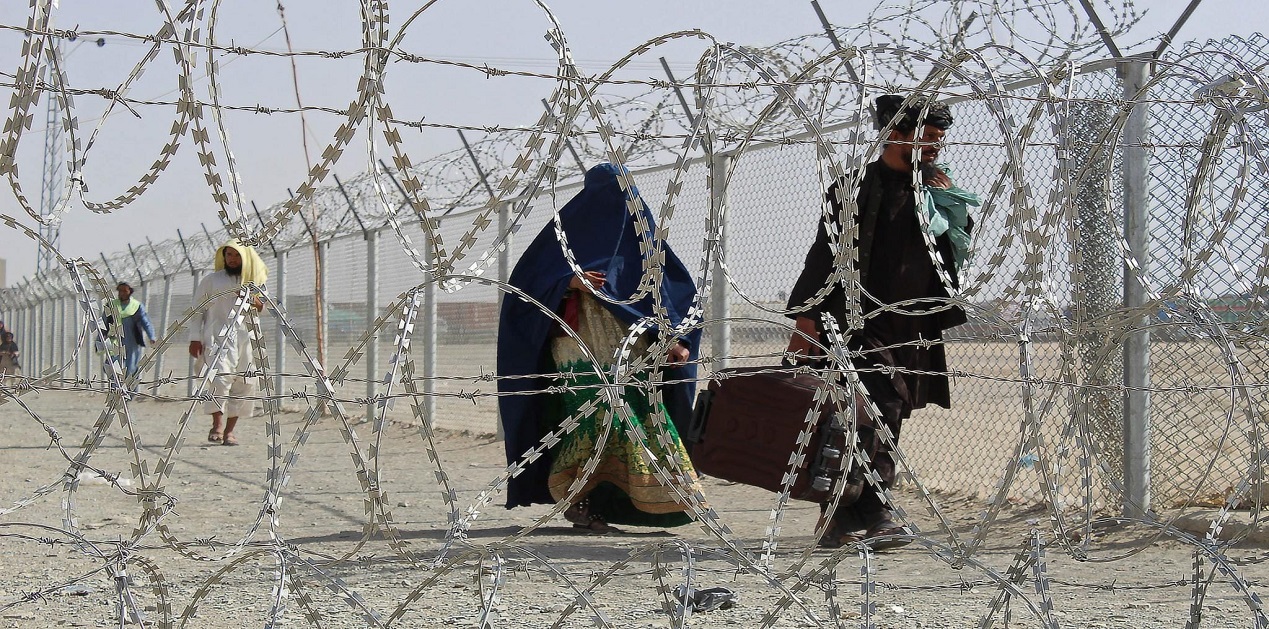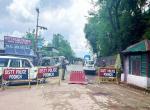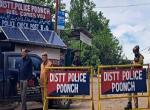Taliban after illegitmately wresting power in Afghanistan has entered its fourth month. However the country remains in chaos and at the edge of abyss. United Nations(UN) has warned that Afghanistan is on countdown to catasrophe and it is at the brink of one of the world's worst humanitarian crises[1]. Since the foreign troops have withdrawn Taliban has been gripped by multiple challenges- factionalism and disgruntled cadres, lack of resources and governance experience, deteriorating security situation and tackling a hostile Islamic state Khorasan (IS-K), a looming humanitarian crisis, potential pockets of resistance and an increasingly wary neighbourhood[2]. The group seems to be overwhelmed with the herculean challenge of stabilizing the country and gaining International recognition and trust.
After US hasty and chaotic withdrawal, on 15 August 2021, the Taliban captured Kabul, the capital of Afghanistan. The collapse of the Islamic republic unfolded quicker than anticipated; it came as complete shock. Since Taliban has come to power it has been building a narrative of a “moderate Taliban” to gain recognition from International community. The messaging is focused on amnesty, community reconciliation, stability and reconstruction. In fact Taliban spokespersons had made a number of statements indicating formation of an “inclusive,” administration. However, the benign mask of Taliban was gone when the Taliban formed an overwhelming ethnic, all-male government and was anything but inclusive. Shockingly a large number of its members are on the UN global list of terrorists. Another point is the extent of ISI penetration in the Taliban and Pakistan gaining a strategic depth in Afghanistan.
On ground the situation continues to be dire as there are scathing reports of human rights violations in the country. Further Afghanistan remains marred with controversies and uncertainties. Afghanistan’s economy remains in dire straits. According to world bank the national output of goods and services or gross domestic product (GDP) is likely to contract by as much as 20-30 percent this year after the Covid-19-related plunge of 2.4 percent in 2020[3]. The economic collapse is further accentuated as the central bank assets are frozen and there is no foreign assistance.
Not just an economic collapse, Afghanistan is on the brink of becoming the world’s largest humanitarian crisis. The latest IPC assessment gives striking details about how with harsh winter on its way 22.8 million people could face acute risk, while 8.7 million face emergency levels of hunger[4]. The situation continues to deteriorate as more than half a million people have been displaced by the conflict and suffer from acute food security. Alarmingly UNDP has predicted that 97 percent of Afghans could plunge into abject poverty. The reports by UN has given the gruesome details that one in two Afghans faces emergency levels of acute food insecurity and more than 3 million under 5-year-olds are expected to face acute malnutrition by the end of the year[5]. Adding to Afghanistan’s rapid unraveling, the effects of the Covid-19 pandemic along with the humanitarian crisis have wreaked havoc across the country.
Alarmingly the security situation in Afghanistan has also deteriorated significantly since the Taliban returned to power. According to Tolo News seven big security incidents with some minor incidents have occurred in the country. Some of incidents that are reported are the suicide attack outside Kabul airport, and suicide attacks on Shia mosques in Kunduz and Kandahar. Taliban is grappling with a growing insurgency from the Isalmic state khorasan(ISK), as depicted by at least 54 attacks conducted by the Islamic State between mid-September and late October[6].
It is also pertinent to understand that Taliban 2.0 being inclusive is going to be a chimera, as its worldview remains unchanged, rooted in medieval ideologies. On the critical issue of women rights Taliban remains rigid. Though in the beginning they made some reassuring statements and promises and emphasized in some official talks that they wish to grant women rights in accordance to Islam, however this was all empty talk as the first step that the Taliban leaders took was to abolish the Ministry of Women's Affairs, indicating difficulties ahead for women in the country. Further the new government formed by the Taliban is all male, comprising mostly mullahs. On whole Afghan women are facing discrimination as there rights are being snatched away. There is limit to right to work, absence of women from major decision-making fora and from senior echelons of civil service. Not just women, the safety of different ethnic and religious groups remains uncertain. The rise of the Taliban has also put the Afghan media under scanner as more than 250 news services have been shut down.
The unfolding of crisis in Afghanistan has left the region with mounting security questions and uncertain alliances as key countries are taking a cautious stance toward the new Taliban government. There is fear about the fillip given to Islamic radicalism including regional and international extremist Islamist groups. However International community is also taking in cognizance that humanitarian crisis is Afghanistan is real and palpable. There are also concerns that the deterioration of the conditions in the country will lead to tens of thousands more Afghans to flee and seek shelter abroad and also give impetus to terror groups such as Al- Qaeda to find safe haven. After US dubious withdrawal the west is under great pressure to provide humanitarian aid to Afghanistan. Hence there is a rethink in the policy towards Taliban, as there is engagement without recognition. India has invested heavily in peace and development in Afghanistan. New Delhi has reiterated the need to preserve the gains of the last two decades, and the interests of Afghan minorities, women and other vulnerable sections must be ensured. Further India has also announced that it will deliver urgent humanitarian aid consisting of food grains and medicines to the people of Afghanistan[7].
Afghanistan is in precarious situation. There are mounting problems and troubles ahead for the country as Taliban continues to fail in fulfillfing its major commitments and promises. Afghanistan’s future hangs in balance as the only thing certain is the uncertainity.
References
[1]https://news.un.org/en/story/2021/10/1103932
[2]https://www.orfonline.org/research/the-grim-calculus-behind-afghan-tragedy/
[3]https://www.southasiamonitor.org/spotlight/how-bad-afghanistans-economy-recipe-failed-state#:~:text=Following%20the%20takeover%20by%20the,according%20to%20the%20World%20Bank.
[4]https://reports.unocha.org/en/country/asia-pacific/
[5]https://news.un.org/en/story/2021/11/1105062
[6]https://warontherocks.com/2021/11/brutally-ineffective-how-the-taliban-are-failing-in-their-new-role-as-counter-insurgents/
[7]https://economictimes.indiatimes.com/news/india/ready-to-deliver-urgent-grain-medicines-to-afghanistan-india/articleshow/87790682.cms
(The paper is the author’s individual scholastic articulation. The author certifies that the article/paper is original in content, unpublished and it has not been submitted for publication/web upload elsewhere, and that the facts and figures quoted are duly referenced, as needed, and are believed to be correct). (The paper does not necessarily represent the organisational stance... More >>
Image Source: https://idsb.tmgrup.com.tr/ly/uploads/images/2021/11/12/159106.jpg











Post new comment